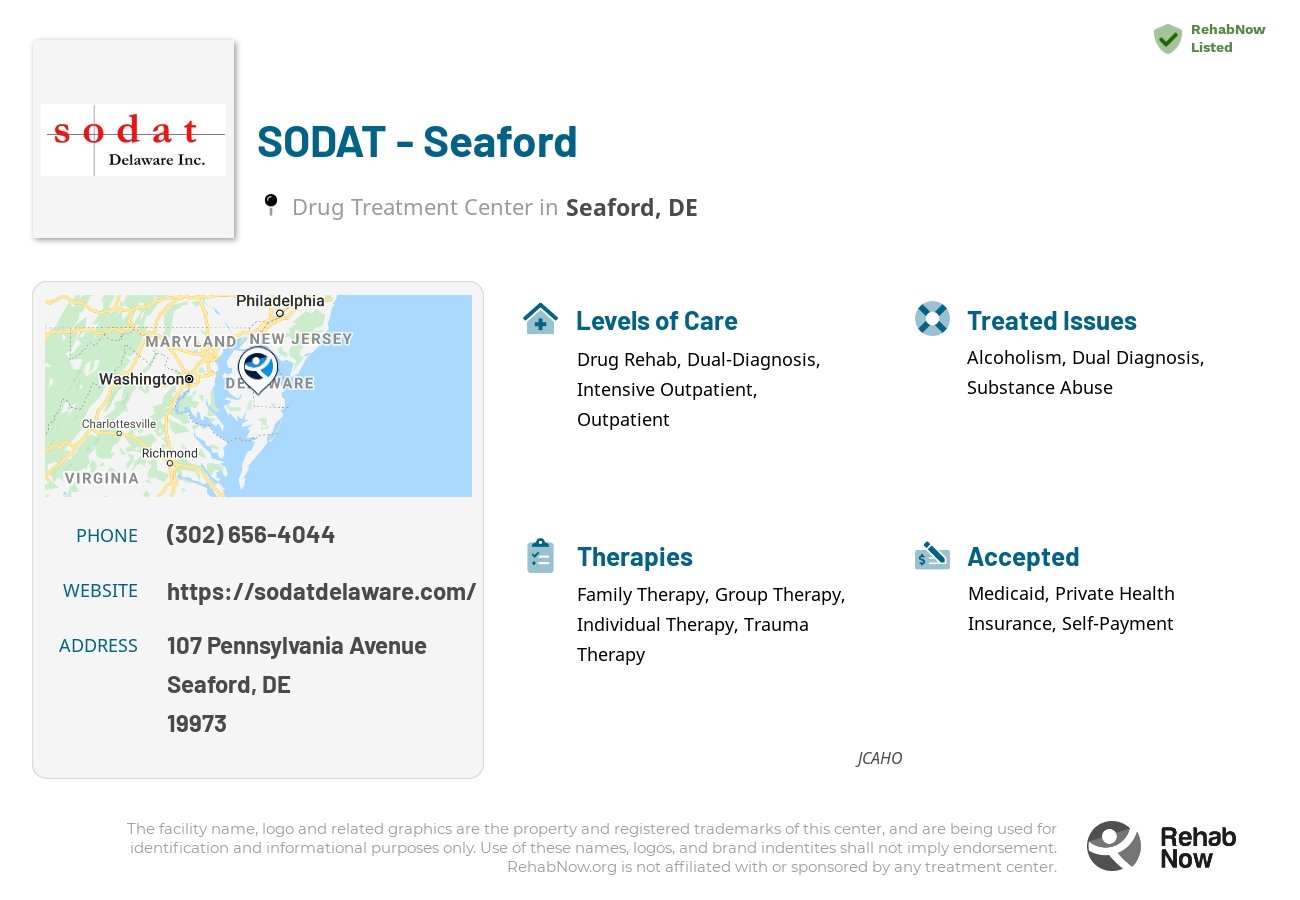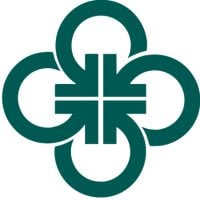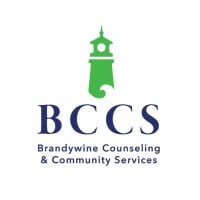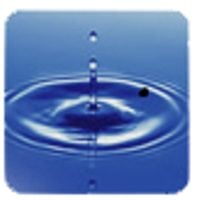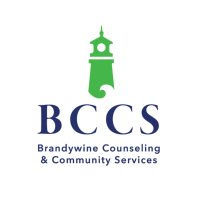SODAT - Seaford
Drug Rehab Center in Seaford, Delaware
SODAT - Seaford is a center for addiction and substance abuse that offers tailored treatment plans, evidence-based and alternative therapies, a strong emphasis on aftercare, and is accredited and licensed with multiple awards for their leadership in providing quality addiction treatment.
About
SODAT - Seaford is a center for addiction and substance abuse located in Seaford, Delaware. This center offers a wide range of services designed to support individuals who struggle with addiction and live in the surrounding communities. SODAT - Seaford works with individuals to create a treatment plan that is tailored to their individual and unique needs. The staff at SODAT - Seaford are experienced, certified professionals who, together as a team, provide assessments, individual counseling, group therapy, family therapy, and more.
At SODAT - Seaford, individuals are provided with evidence-based approaches to addiction treatment designed to support their recovery journey. In addition to providing traditional treatment approaches, such as counseling, SODAT - Seaford also offers alternative therapies like art therapy and animal assisted therapy. Yoga, mindfulness, and relaxation techniques are also integrated into care to support individuals through their recovery. SODAT - Seaford has a strong emphasis on aftercare, as they believe relapse prevention is an important factor of recovery.
SODAT - Seaford is proud to offer its clients quality care, and they have multiple accreditations and licenses to back it up. This includes being accredited by the Commission on Accreditation of Rehabilitation Facilities (CARF) and licensed by the Delaware Division of Substance Abuse and Mental Health. In addition to the certifications, SODAT - Seaford has won awards for the services they provide in the community and for their leadership in providing quality addiction treatment.
Genders
Ages
Modality
Additional
Accreditations

JCAHO
Conditions and Issues Treated
Recovering from substance abuse is an essential part of a healthy life for many people. It’s a long and challenging process, but it can be worth it in the end if you manage to get through all parts. Detoxifying your body, rehabilitation after that time passes or when needed (depending on what type), and then recovery while also receiving therapy support throughout this entire process.
A standard route to starting recovering from substance abuse and addiction is through a detoxification center. There you can completely heal your body and mind and continue on the path of recovery without feeling any of the lingering effects of substances.
A person who struggles with addiction and a mental health condition suffers from a dual diagnosis. This means that they have two issues that must be treated. The specific mental health issues that the patient at SODAT - Seaford might have include but are not limited to:
- Depression
- Bipolar Disorder
- Anxiety
- PTSD (Post Traumatic Stress Disorder)
The specific addiction issues that the patient might have include but are not limited to:
- Alcoholism
- Drug Addiction (i.e., Cocaine, Meth, and other stimulants, Marijuana, and Ecstasy)
The combination of the two illnesses can be tough to treat. Taking care of one or the other is tough, and taking care of both cannot be done alone. A patient who receives dual diagnosis treatment will be given the best chance at becoming sober.
Levels of Care Offered
This center offers a variety of custom treatment tailored to individual recovery. Currently available are Drug Rehab, Dual-Diagnosis, Intensive Outpatient, Outpatient, with additional therapies available as listed below.
Intensive Outpatient Programs are similar to partial hospitalization, but they don’t require the patient to go home each night.
This means that while they have to attend meetings and receive other types of help at the facility, addicts are allowed to keep their jobs or continue with school without having to miss their classes or work opportunities. This is a great option for those who can’t take time away from their jobs or schedules to attend a treatment program.
During this type of program, the addict will be required to meet with counselors and other types of professionals throughout the day. This will help them stay on track and prevent them from relapsing after they leave the facility.
An outpatient treatment program is set up to help with alcohol or drug addiction or a co-occurring disorder. The treatment must attend the treatment facility for their therapy and other programs but return home each night. The frequency of mandatory attendance decreases after much of the treatment program is complete. The treatment programs are monitored by the treatment facility and case managers who work for a judge or judge’s office. A treatment program may be performed out of a treatment facility, treatment clinic, or treatment center.
The benefits of outpatient treatment programs are many. One of the most beneficial treatment programs is that it allows treatment for clients who cannot afford or may not be able to attend treatment at a treatment facility, treatment center, or treatment clinic full-time. Another benefit of treatment programs is that they reduce crime rates because treatment allows people to treat their addiction.
Therapies & Programs
Individualized Treatment is essential because it gives addicts the ability to participate in a program that meets their unique needs. An addict should work with professionals who understand what they’re going through, especially if the addict is actively using. Finding the right treatment program for an addict is difficult, but it’s even harder without communicating with those who have experience treating your specific situation.
The therapies typically involve all family members, potentially including siblings, children, and parents who play a role in their daily lives. These sessions can be essential because they address past issues that may have affected an addict or alcoholic’s recovery process. They provide support during this time when it is needed most!
A family therapy session, often called a family meeting or intervention, is a necessary process that helps loved ones of addicts see their situation in a new light. It’s also one of the most challenging things families will ever have to do when they’re facing a loved one battling addiction or alcoholism.
Group therapy sessions provide recovering addicts with a chance to cope with everyday situations that many face. Group therapy sessions are held in rehab facilities, clinics, churches or community centers that offer drug addiction treatment.
People who attend these groups are encouraged to voice their feelings and support other addicts in recovery. This helps group members strengthen their own recovery program while cheering on others who are struggling with sobriety.
Trauma therapy allows them to work through past trauma to have peace of mind and begin down the road of sobriety. The therapist will work with the individual to help them understand their past and present relationships. Patients may often believe that something is inherently wrong with them or they are unworthy of love. The therapist aims to correct these negative feelings and behaviors by helping the person realize that their actions do not reflect who they truly are.
Cognitive Behavioral Therapy (CBT) is a highly effective treatment option based on the idea that how we feel, think and act all interact together. Our thoughts determine our feelings and behaviors; our feelings affect our thoughts, and our behaviors change our thoughts and feelings. CBT helps people explore their thoughts for problems (or false beliefs) that influence their mood and actions. By examining their thoughts and beliefs, people can recognize distorted or irrational and modify them to more realistic, positive ones. CBT is very goal-oriented, which means that the therapist and patient work together on a specific problem while learning to become more adept at solving future problems.
CBT works well with a broad range of people, including those with depression, anxiety disorders, eating disorders, and problems with anger. In addition to helping a client focus on thoughts that can be changed, CBT also allows them to take an active role in their treatment. This is called a collaborative approach because both patient and therapist work together to produce the best possible results.
CBT is based on cognitive learning theory, which says that our behavior is a learned response to our environment. Cognitive refers to thoughts and beliefs, while behavioral relates to actions or deeds. CBT helps people learn ways of behaving to improve their quality of life by focusing on specific problems or goals they want to achieve. Sometimes, CBT is used alone; other times, it is combined with medications or brief counseling techniques such as solution-focused and motivational interviewing to achieve optimal results for the patient.
Payment Options Accepted
For specific insurance or payment methods please contact us.
Is your insurance accepted?
Ask an expert, call (888) 674-0062
SODAT Delaware Associated Centers
Discover treatment facilities under the same provider.
- SODAT - Delaware - Walker Road in Dover, DE
- SODAT - Wilmington in Wilmington, DE
- SODAT - Delaware in Dover, DE
Learn More About SODAT Delaware Centers
Additional Details
Specifics, location, and helpful extra information.
Seaford, Delaware 19973 Phone Number(302) 656-4044 Meta DetailsUpdated November 25, 2023
Staff Verified
Patient Reviews
There are no reviews yet. Be the first one to write one.
Seaford, Delaware Addiction Information
The Delaware substance abuse statistics show that the number of deaths due to drug injury is higher than the national average. Over 16% of all deaths in the state between 2008 and 2017 were caused by drugs and alcohol. The state has been rolling out more services to address addiction in an effort to get help to those who need it.
9% of the population in Seaford, DE has a substance abuse problem. 21.4% of admissions to drug treatment facilities are for abuse of prescription drugs. African Americans accounted for 36% of all admissions, while Caucasians made up 30%. In 2016, there were a total of 122 drug-related arrests. This was up from 112 in 2015. Different drug treatments available in Seaford, Delaware, include inpatient rehab and outpatient rehab.
Treatment in Nearby Cities
- Dover Afb, DE (34.7 mi.)
- New Castle, DE (70.8 mi.)
- Milford, DE (21.4 mi.)
- Rehoboth Beach, DE (29.7 mi.)
- Laurel, DE (6.2 mi.)
Centers near SODAT - Seaford
The facility name, logo and brand are the property and registered trademarks of SODAT - Seaford, and are being used for identification and informational purposes only. Use of these names, logos and brands shall not imply endorsement. RehabNow.org is not affiliated with or sponsored by SODAT - Seaford.



